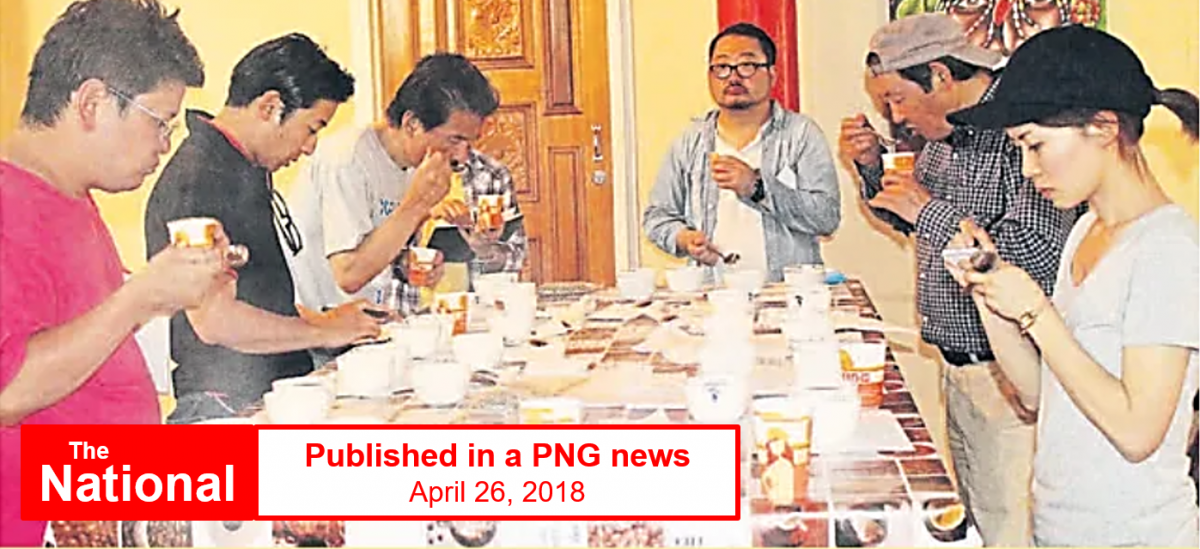Coffee Production in Papua New Guinea
Coffee production in Papua New Guinea is dominated by village-based small-scale farmers, who produce close to 85% of the country’s annual crop.
It is a source of income for close to two million people – around one quarter of the population – according to the department of agriculture and livestock.
Coffee is the country’s second largest agricultural commodity after palm oil, accounting for 27% of all agriculture exports and 6% of the country’s GDP.
Coffee is the highest foreign exchange earner for Papua New Guinea, the majority of which is grown in the Eastern Highland Province, the Western Highland Province, and Simbu.
Japan Market Overview
Japanese market is very lucrative.
MG Corporation provides total support from coffee production in Papua New Guinea to sales in Japan.
Main problems of coffee farmers
One of the main problems faced by coffee farmers in Papua New Guinea is the poor quality of basic infrastructure such as rural roads.
This often leads to coffee remaining unsold on farms, which cannot be consumed and results in consequent loss of revenue or in distress sale of produce to even maintain subsistence level of living.
Declaration of Partnership
As a trusted partner in providing a new lifestyle to the people of Papua New Guinea, it is important that we have a set of values that encourage us to act ethically, with integrity and mutual respect.
MG Corporation will build new partnerships by working with suppliers and businesses to promote co-prosperity.
MG Corporation and CIC Partnership Agreement
In the past 10 years, Papua New Guinea has exported an average of 960,000 bags per year worth K510 million
In 2017, the Coffee Industry Corporation under a partnership agreement with MG Corporation of Japan entered on a deal to supply high quality coffee to the Japanese market.
CIC Chief Executive Officer Charles Dambui alluded that getting into a new market was very challenging, but with the direction and support from MG Corporation, the next phase to sustaining this market looks promising.
Goundar challenged CIC and the PNG government to invest more in research and development for agriculture and new technologies to up scale production.
“We need to understand how we develop our products, understand our resources, what they contain and start from the ground level up.”

